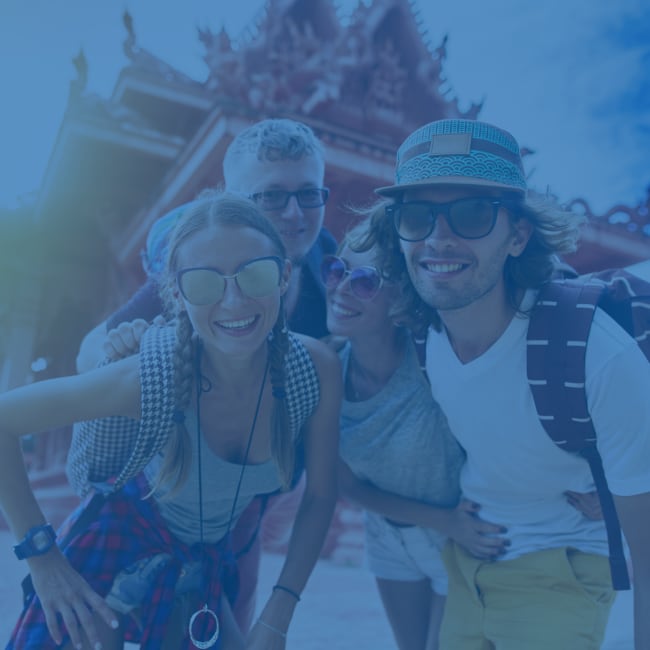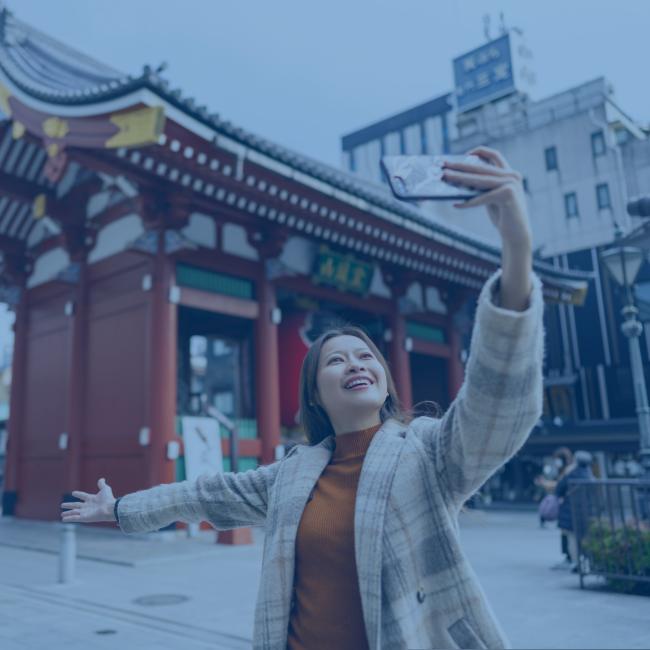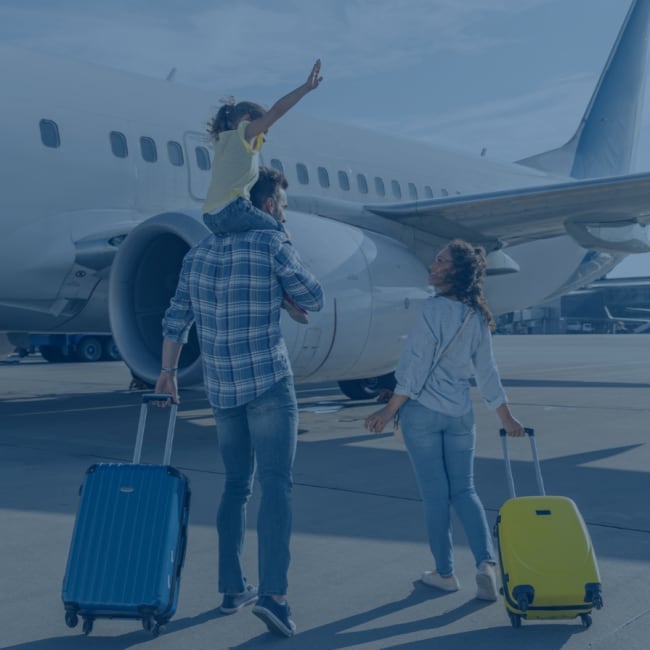Hospitality Marketing: Adjusting Your Approach Globally and Regionally Post-COVID


In July 2020, Translations.com and the Cornell Hospitality School ran a panel discussion with three marketing professionals, Remy Merckx from Radisson Hotels, Michelle Irwin from Marriott Vacations Worldwide, and Akina Ho from Great Eagle/Langham Hospitality. Each leader located in a separate region, they discussed their way of adapting communications to the new travel landscape in order to attract guests. As countries and regions around the world apply different travel restrictions and come to different agreements, the panellists discussed their marketing efforts and how they are adjusting to these new restrictions based on strong-shifting inbound and outbound markets. We’ve picked out the four key takeaways from this session that will help shape hospitality marketing around the world, and you can catch up on the full session here.
1. Keep in Contact!
This might be obvious, but particularly at this time, there is no such thing as over communication. Each panellist spoke about the importance of making sure guests are kept up to date on what is happening and how each business is handling the pandemic. With a hotel chain like Radisson, who has hotels that have been entirely open for the past 25 years, the process was a complete unknown, and not only do guests need to be kept informed but employees do too. Marriott Vacations Worldwide created a COVID hub that houses all information so it is accessible 24/7 for those who need it. It’s also important to make sure that your communications are taking into account local nuances as well as on a global scale, for Great Eagle/Langham Hospitality, regional newsletters were key to keeping each locality informed of what was going on.
2. Take it Online
Your guests might not be able to come into your hotels, but does that mean you can’t bring the hotel experience to them? Akina provided some great examples of how they hosted an online, 24-hour tea party that could be accessed at all times—no matter what time zone you were in, you could dial in and join the fun. One of the reasons people go to hotels is to experience things that are special, like turndown services or eating at a five-star restaurant. Radisson created videos of chefs creating meals that viewers could cook along to, and tutorials from housekeeping staff on how to make the perfect bed and bring a little bit of hotel life to households around the world. Michelle mentioned how important it was for her team to focus on email communications and adapting timings of automated emails to ensure guests and property owners were kept up to date.
3. Social Media is Key
Remy commented on how important social media has become for the company—particularly during the pandemic. Not only has it been a key element of keeping customers up to date with news and content, but also for helping the customers get in contact with different properties and ask about specific staff members and checking in on how they were doing. It acts as a bridge for the personal, human touch aspect of hotels to shine through when we physically can’t be there. Remy found that Facebook, Whatsapp, and WeChat have experienced the most growth during the lockdown period, and mentioned that in China, WeChat is the only platform worth investing in to target that market.
4. Put Yourself in Your Guests Shoes
Think about what your guests want. For Michelle, it was important that they were providing guests and owners of properties with content that would not only be useful, but also would be fun for them. She switched her communications strategy to focus on how they could bring vacations to owners. This involved staycation activities sent via regular newsletters, featuring content specifically for families with children who make up a large portion of their customer base.
For Akina, the Langham hotel group shifted their deals to be more staycation focused, since they knew potential guests either wouldn’t be able to or wouldn’t be comfortable travelling internationally.
Across the board, it was clear that content creation, email marketing, and social media has been integral for each panellist—and that translated to each region and market associated with their business. It’s important that content is created and localized into relevant markets to make sure that, on both a global and local level, your customers are being kept informed and entertained—ensuring brand loyalty on a worldwide scale.
TransPerfect can help with creating original content as well as translating that content into key markets. With digital strategies being fast-tracked to deal with the changes required during a pandemic, as well as accommodating predicted operational changes once service resumes, prioritizing both an adaptable mindset and ensuring you have the partners and workflows set up to support your business is paramount.
From chatbots to WeChat support, TransPerfect can help develop and translate content quickly to make sure your brand is prepared for anything. For more information, email travel360@transperfect.com to discuss how we can help you grow internationally, no matter what the world throws at you!



